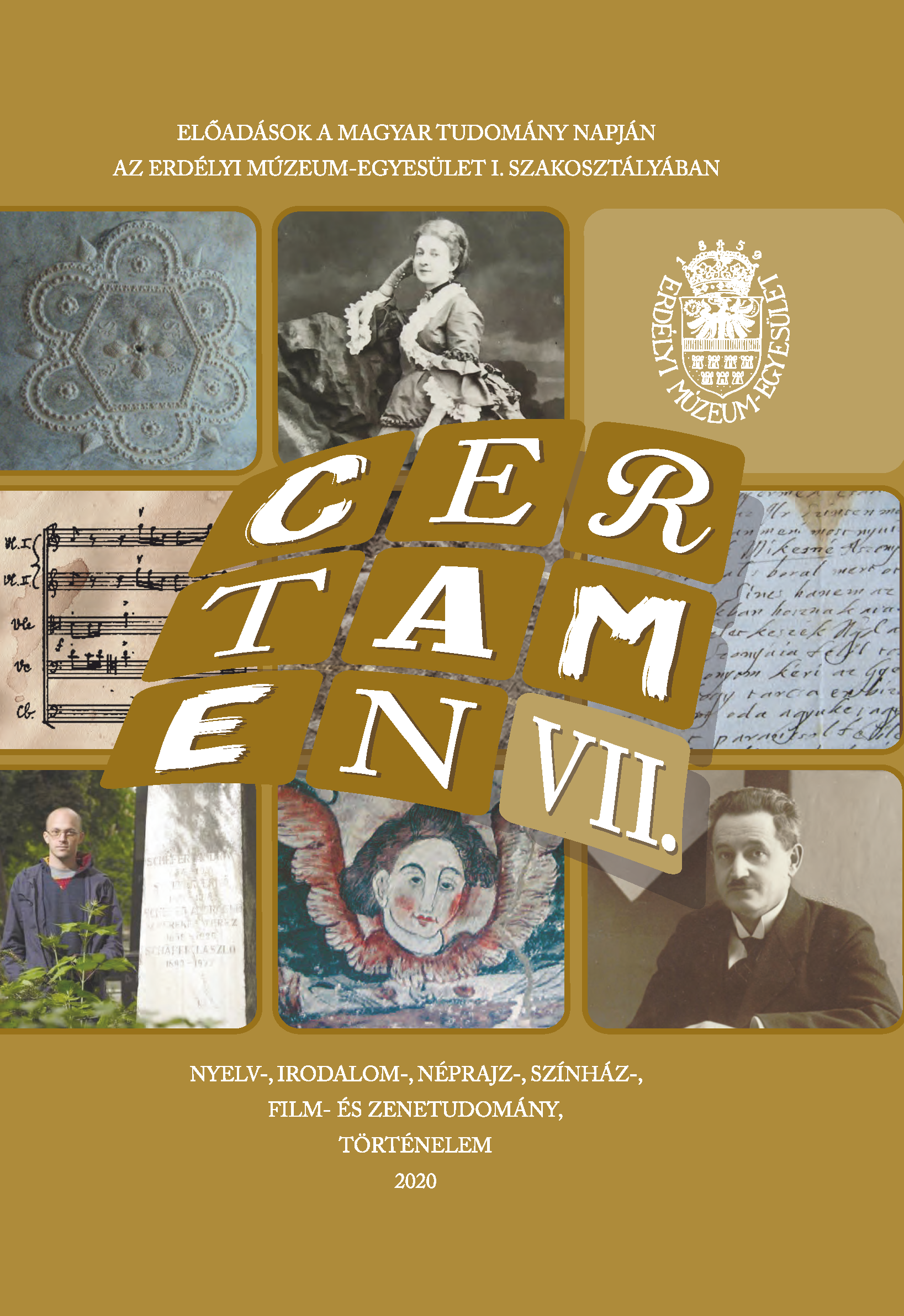Gyilkosság a családban. Halálos kimenetelű házastársi konfliktusok a kora újkori Kolozsváron
Crime Within the family. Spousal Homicide in Early Modern Cluj
Author(s): László PakóSubject(s): History of Law, Social history, Gender history, 16th Century, 17th Century
Published by: Erdélyi Múzeum-Egyesület
Keywords: early modern time; domestic crime; spousal murder/manslaughter; poisoning; criminal prosecution;
Summary/Abstract: Based on the judicial protocols and on the account books of the town between 1570 and 1660, the study deals with the spousal homicide cases of early modern Cluj. Seven such cases were preserved, and two others that implicated accusations of such kind. The number of the cases is relatively small, thus our conclusions more fragile. In three of the cases poison was the lethal weapon, in two of these cases the wife, and in one case the husband being the perpetrator or the impeller. In other cases, the crimes occurred in direct and open confrontation, the majority of the culprits were men. In seven cases the criminal procedures started through public initiation, the charges being represented mainly by the two public prosecutors (directores causarum) of the town. As of the social status of the perpetrators, our examples show that people of all social categories, from honourable citizens to the serfs of the town were implicated. Although other examples have shown that men killed their wives more frequently, the distribution of the off enders on sexes in our case is more balanced. In three of the cases accomplices intervened, all of them were men in an intimate relation with the criminal wives. Those found guilty by the judges were usually decapitated, but if the guilt was not sustained by solid proof, the defendants could free themselves by an oath with compurgators. Our data show that, as well as in other regions of pre-modern Europe, the testimonies of the medical experts gained an increased importance in the judicial act, showing that the judicial authorities recognized the importance of the medical knowledge in the criminal process. Very few are the cases where the motif(s) of the criminal deeds can be clearly defined, but it is obvious that spousal infidelity, the aggressive nature of those implicated, alcohol abuse, the temporary presence of the soldiers in the town and the permanent presence of the domestic servants in the households of the citizens were of decisive influence on the cases.
Journal: Certamen
- Issue Year: 2020
- Issue No: VII
- Page Range: 423-450
- Page Count: 28
- Language: Hungarian

